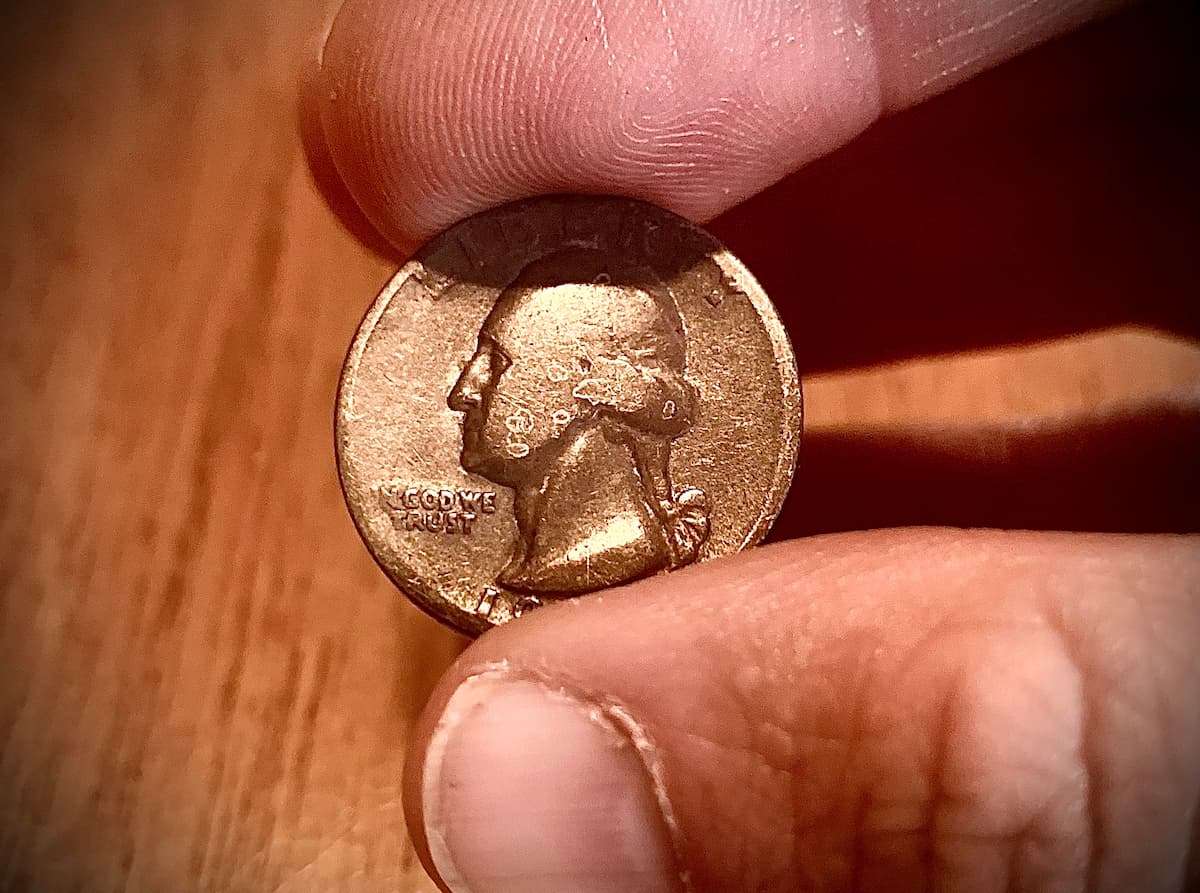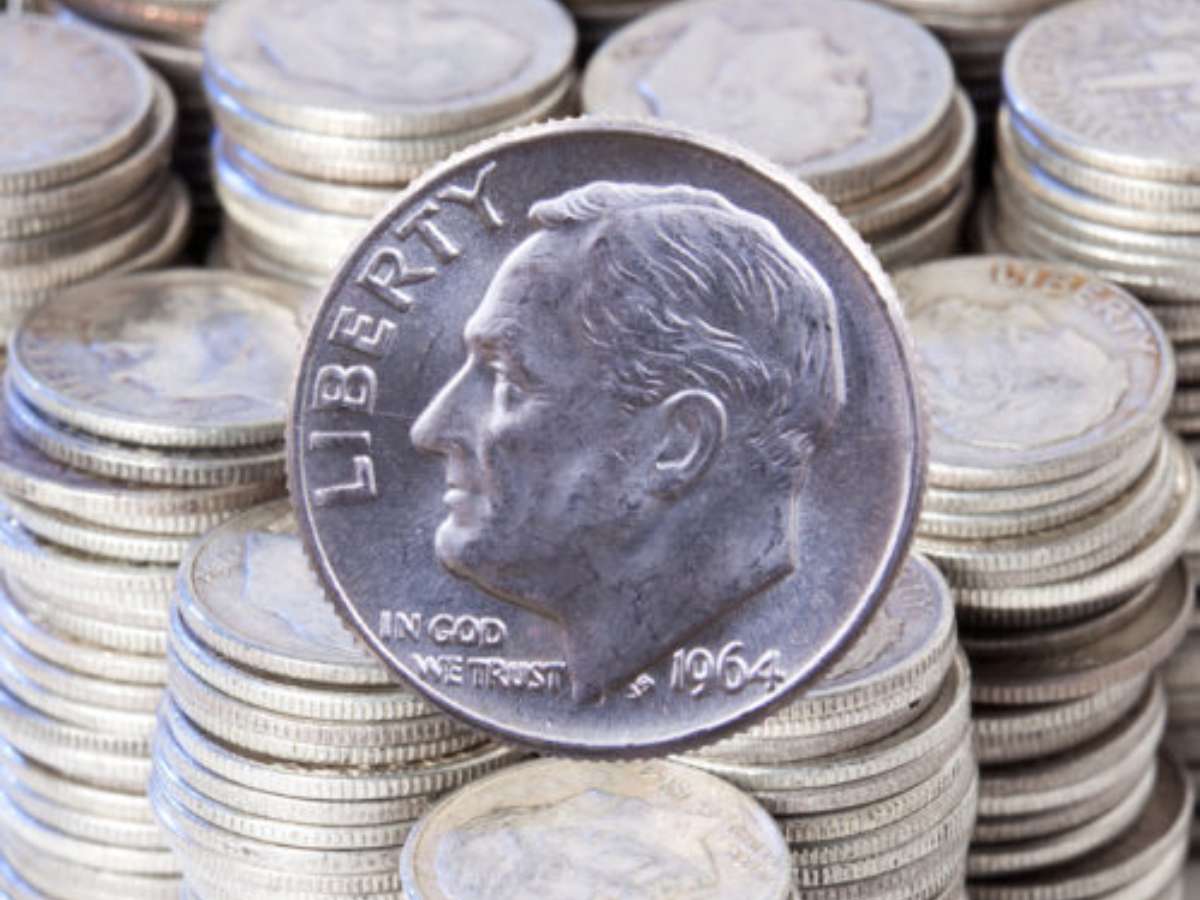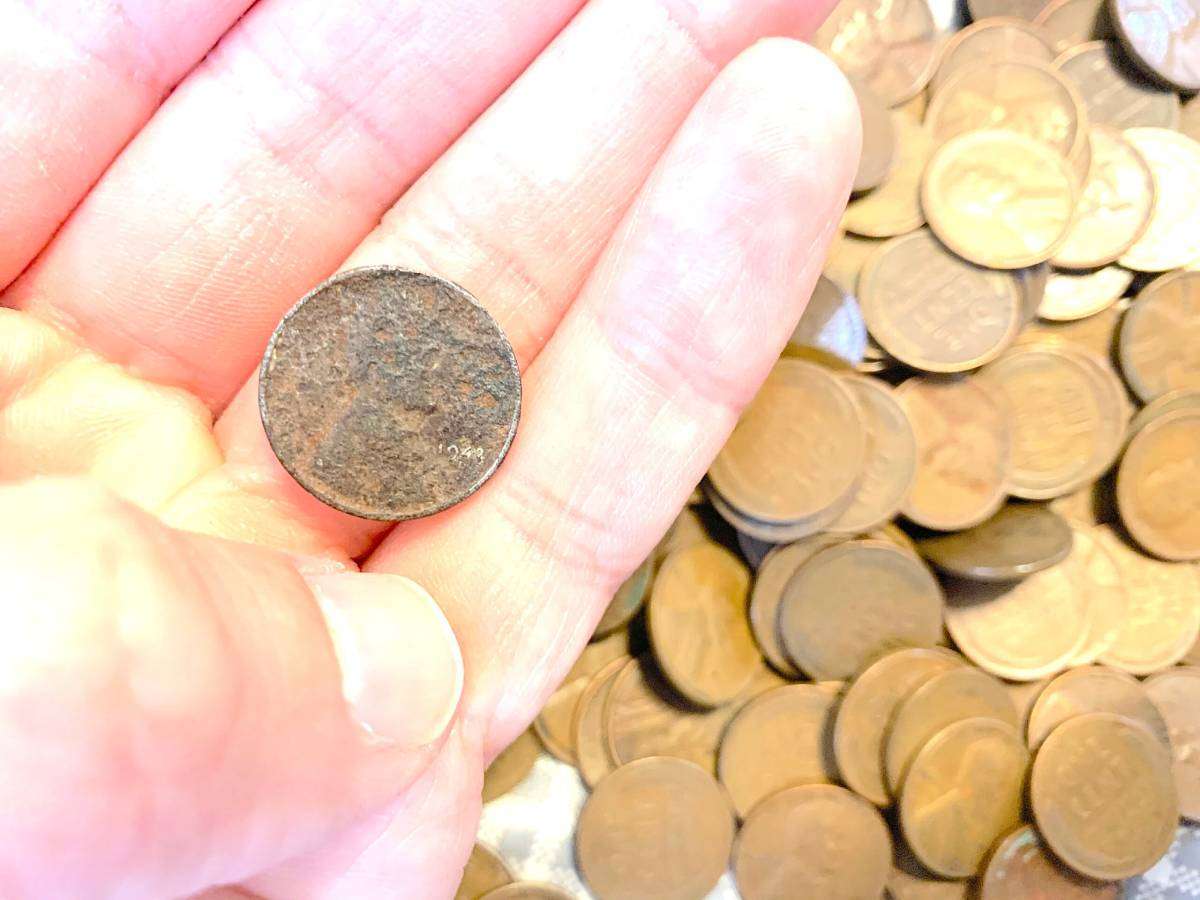When somebody asks me a question about coin collecting, they usually want to know about coin values. Specifically, they want to know what their coins are worth.
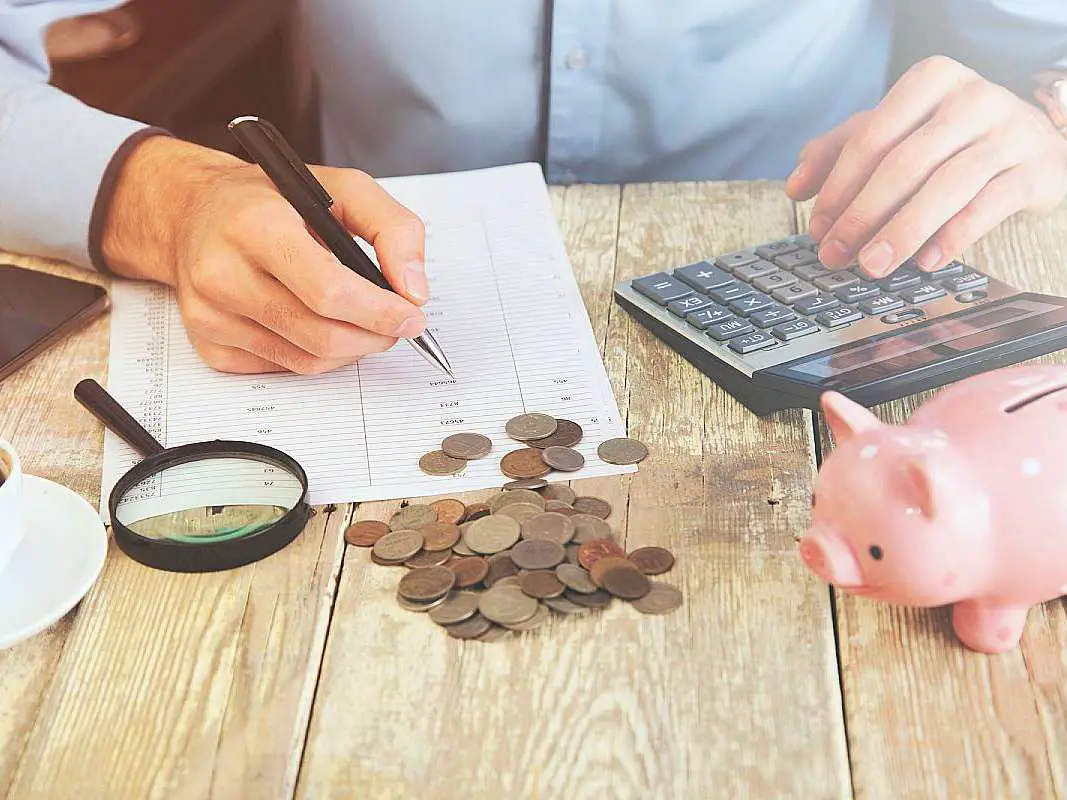
I love answering these questions, because they give me the chance to help somebody understand more about their coins. And I even get to explain what makes their coins valuable — or not so valuable, as is sometimes the case.
I’m going to explain to you how you can find the value of a coin… and all the different factors that go into determining coin prices.
By the end of this article, you will be able to determine the value of coins yourself!
Understanding Coin Values
Before I go any further, let me just release a blanket apology to all the folks who ask me about their 1935, 1944, or 1953 pennies and who inevitably learn their coins are typically worth only 5 or, maybe, 10 cents.
I know, it’s a bummer to find out that some 70- or 80-year old pennies are worth less than a modern day first-class postage stamp. That’s how I felt when I learned my first coin — a 1941 Lincoln wheat cent — was worth only a few cents, too.
Of course, not every old penny is worth just a few cents!
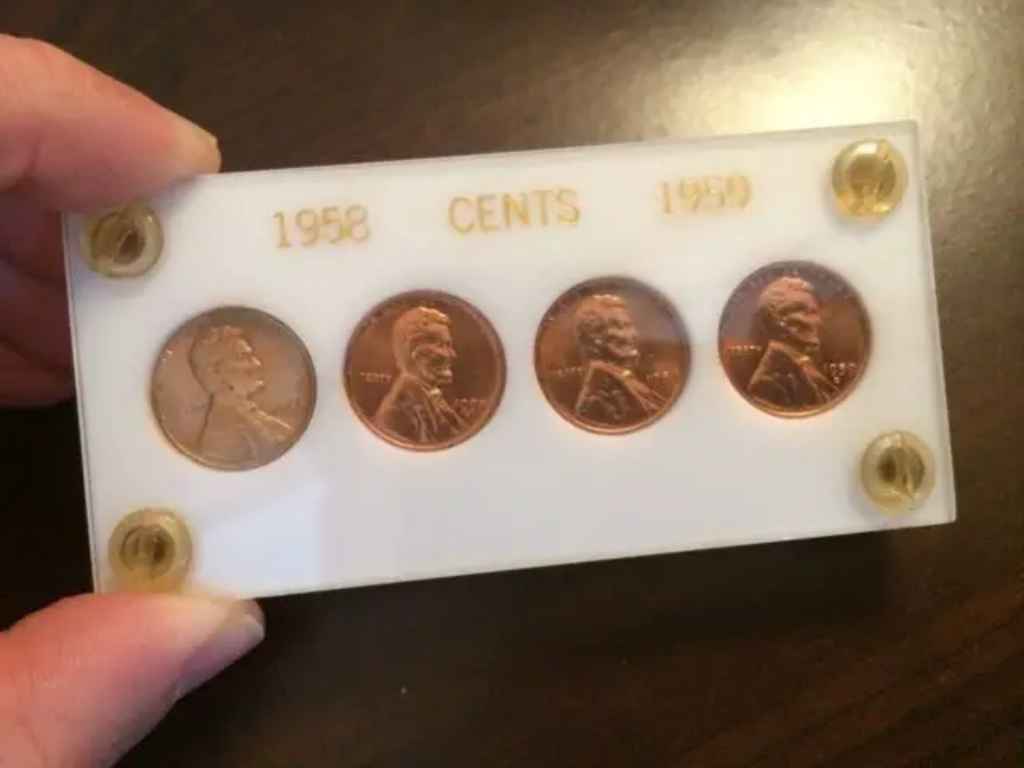
Consider the famous 1909-S V.D.B. cent, which is worth between $750 and $2,500, based on condition.
Why is that piece so expensive? Only 484,000 were made, and millions of coin collectors want one.
Those 5- and 10-cent value Lincoln wheat cents, on the other hand, were made by the millions. So they’re quite common, and there are certainly plenty to go around.
Here’s a list of 43 U.S. pennies worth holding onto. And here are the top 100 pennies worth $100 or more!
How To Find Out What Coins Are Worth
There are many coin price guides available that can help you determine the value of coins.
I usually use a combination of coin books and online coin value guides to help me derive a price estimation for those who ask me what their coins are worth.
We at The Fun Times Guide to Coins have a wealth of frequently updated coin value information for you to enjoy.
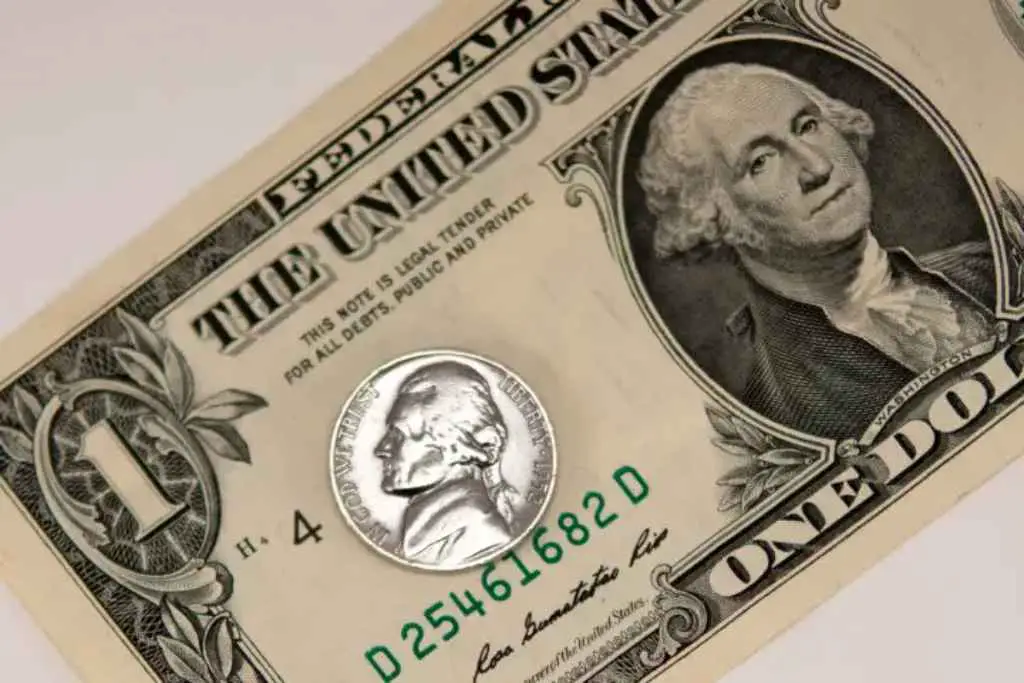
Here are a few (of the many!) coin series we have values for:
- Wheat pennies
- Lincoln Memorial pennies
- Indian Head pennies
- Buffalo nickels
- Jefferson nickels
- Mercury dimes
- Roosevelt dimes
- Standing Liberty quarters
- Washington quarters
- Franklin half dollars
- Kennedy half dollars
- Morgan & Peace silver dollars
These coin value guides can help you learn more about what the most expensive coins are for a given coin denomination.
There’s More To Deciphering A Coin’s Value Than Date Alone
A lot of people ask questions like, “What is my 1921 silver dollar worth?”
Unfortunately, this isn’t really enough information for me to go on. Not all 1921 silver dollars are worth the same. In fact, there’s more than one kind of 1921 silver dollar! There are two kinds of 1921 U.S. silver dollars:
- Morgan silver dollars (made from 1878 through 1921)
- Peace silver dollars (struck from 1921 through 1935)
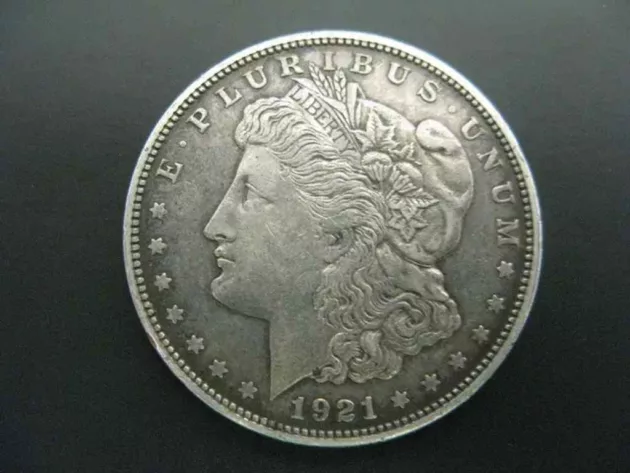
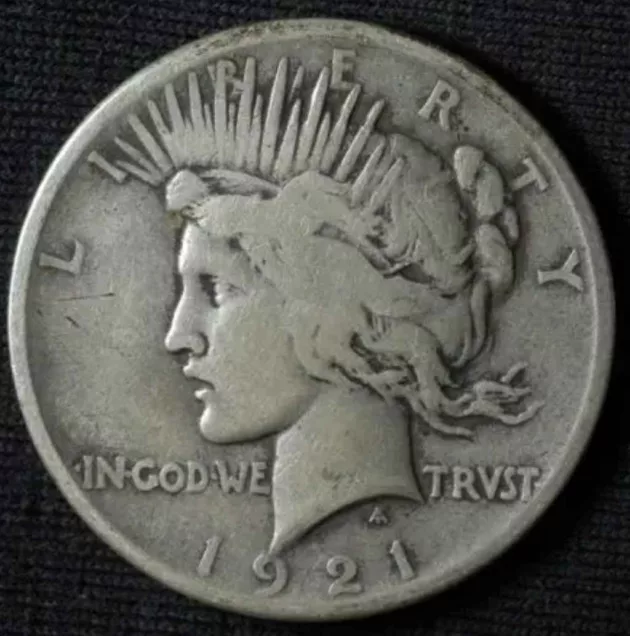
Each looks pretty distinct on the obverse (heads side). The Morgan dollar shows an image of a curly-haired Miss Liberty, while the figure on the Peace dollar strikes an uncanny resemblance to the head of the Statue of Liberty.
A typical 1921 Morgan dollar is worth around $20 to $30 in circulated grades, whereas the 1921 Peace dollar often has a value of $150 to $500 in the same condition.
Why the huge difference in price?
It has something to do with the mintage of those coins — or how many were made.
More than 86 million Morgan dollars were minted in 1921, whereas just a tad more than 1 million Peace dollars were made during that same year.
Far fewer of both silver dollars exist today due to melting, but there are still many more 1921 Morgan dollars than 1921 Peace dollars.
You also have to consider the coin’s mintmark (if it has one).
Take, for example, the 1916 Mercury dime:
- A 1916 Mercury dime without a mintmark (meaning it was minted in Philadelphia) is worth around $3 in well-worn condition
- A 1916-S (San Francisco) Mercury dime has a value of $5
- A 1916-D, (minted in Denver), is worth $1,000 and up
The reason each of those 3 dimes is worth different values has to do with the mintage and relative supply/demand issues of those coins.
So, it goes to show that the date alone isn’t the determining factor of a coin’s value. (These are the 5 factors that really matter.)
Why Grade Matters When Determining Coin Values
A coin’s state of preservation is another key factor in determining value.
For example, an 1886-O Morgan silver dollar from the New Orleans Mint is worth about $25 in a grade of Very Good-8 (which is a well-worn grade, corresponding to a heavily circulated coin). That same coin in MS-65 (pristine uncirculated condition) is worth $300,000.
This is also why it’s important to learn about coin grading — it will help you better understand the value of your coins. (These coin grading apps are a big help!)
So again, there’s really no such thing as “the” value of “a” 1886 Morgan dollar… or any other coin! Coin prices vary, depending on condition — or grade.
Grab a coin magnifier and a copy of the U.S. Coin Grading Standards book. Then, watch this video to see how to grade coins yourself at home:
While I hope this post has helped to educate you about the nuances of coin values, I’m glad to help answer any questions you may have about what your coins are worth.
So, please feel free to ask away on the comments section of any page here at The Fun Times Guide to Coins!
Helpful Coin Value Guides
- Professional Coin Grading Service Price Guide
- U.S. Coin Value Guide Books
- Silver Coin Values
- Gold Coin Values


